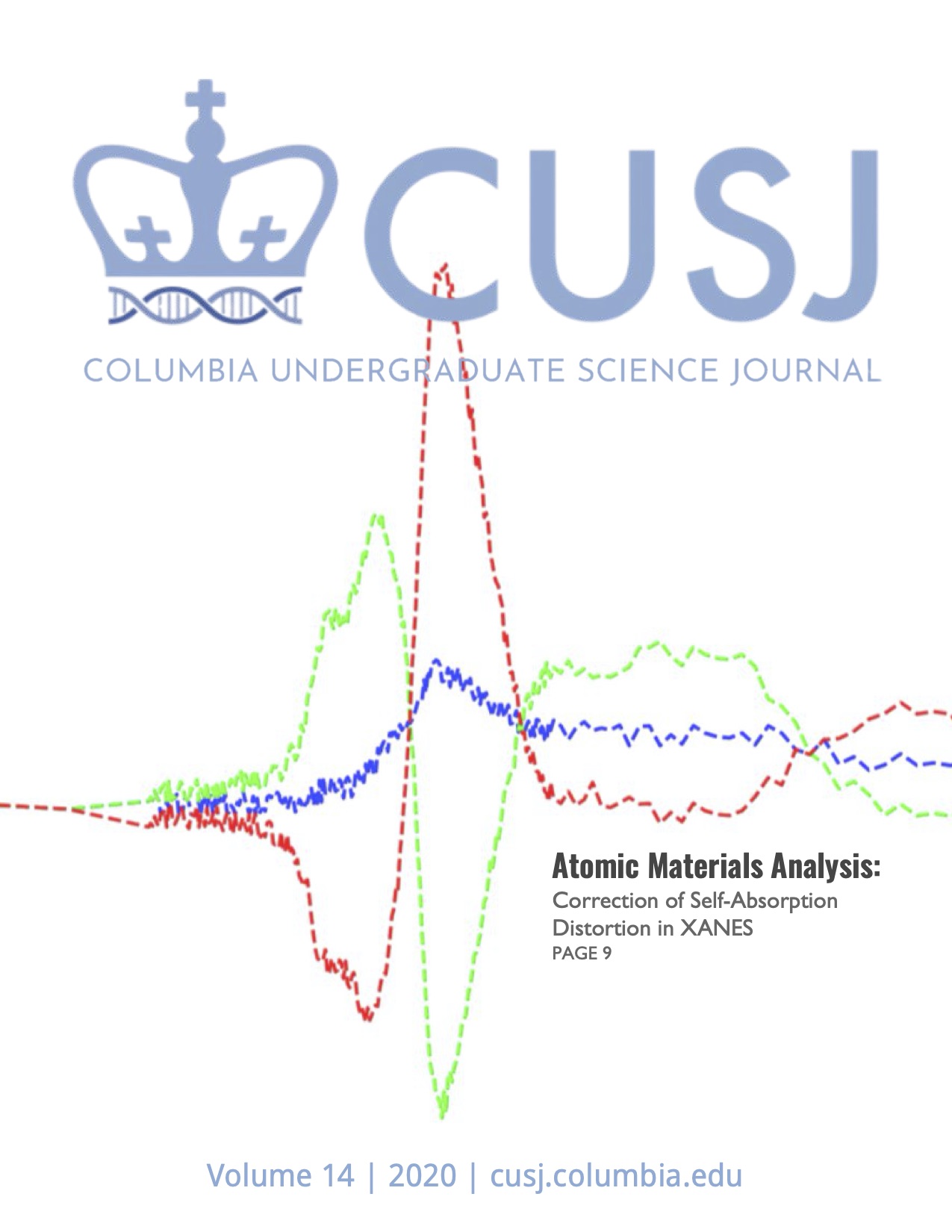Abstract
Shame is a powerful and acutely painful “master emotion” that is strongly correlated with maladaptive behav- iors and a host of psychological symptoms. Concerningly, the affect remains under-researched and difficult to identify or address in a clinical setting. This may be caused, at least in part, by shame’s intrinsically hidden nature, which drives people to deny the emotion and express it through other means. This study aimed to understand the degree to which people fail to acknowledge their own shame and the psychological and behavioral implications of this shame. Participants completed both a self-report measure of shame and an empirical assessment of internalized shame, as well as measures of shame coping methods and emotional regulation. As expected, results showed no significant correlation between participants’ self-rated shame and measured shame. We also saw a significant correlation between assessed internalized shame and use of shame- coping methods as well as difficulty in emotion regulation – specifically, difficulty with clarity of emotion, acceptance of emotions, and strategies for coping with emotions. These findings indicate that people struggle to acknowledge their own shame and also speak to the maladaptive, dysregulated ways people manage their shame. Recognizing shame as a powerful emotion with implications in psychiatric disorders and understanding the factors that prevent people from acknowledging their own shame may help improve treatment for those who struggle with the emotion and reduce the likelihood that they will engage in maladaptive coping behaviors.

